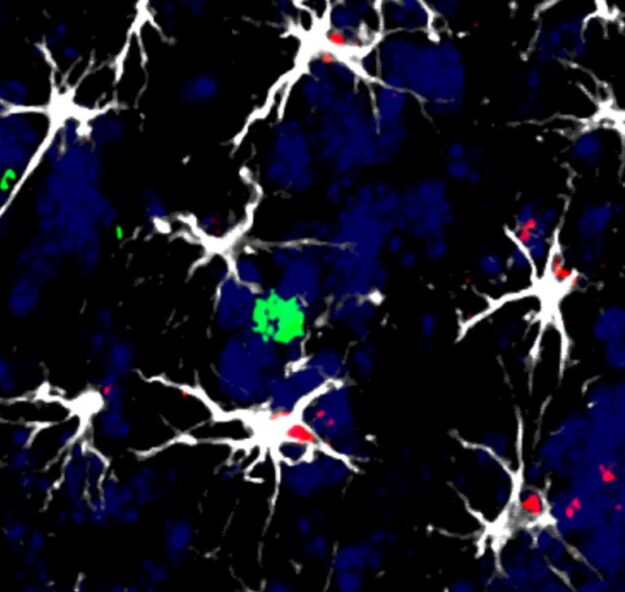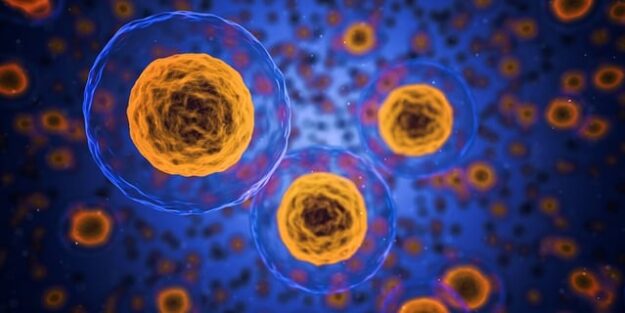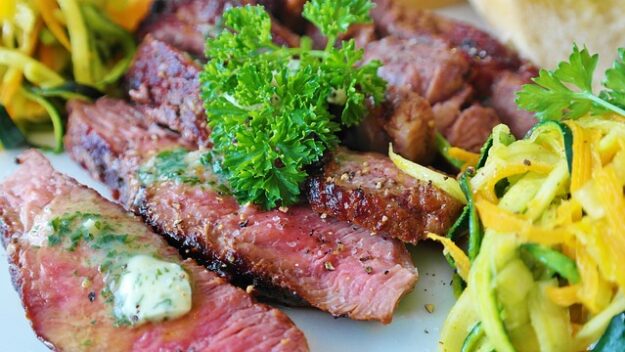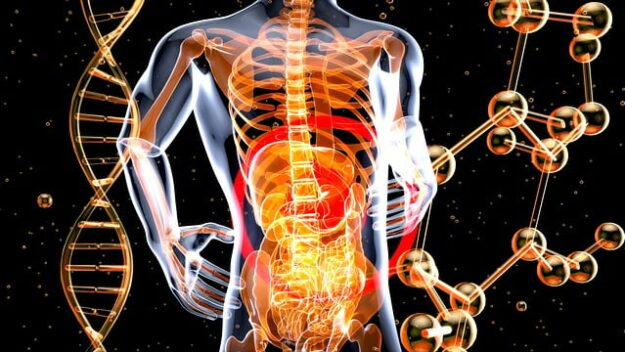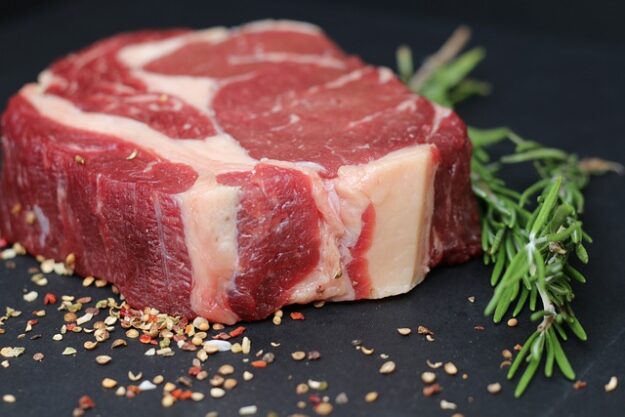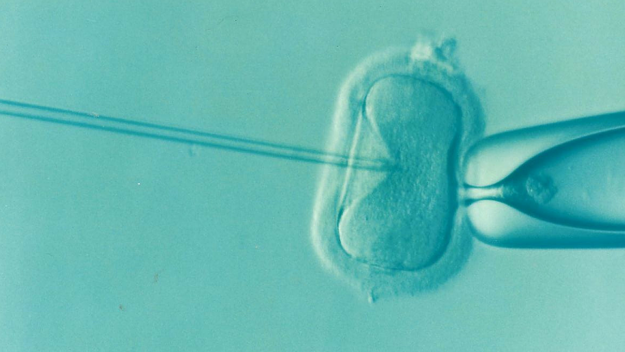Glucose-sensitive insulin with attenuation of hypoglycaemia
Abstract The risk of inducing hypoglycaemia (low blood glucose) constitutes the main challenge associated with insulin therapy for diabetes1,2. Insulin doses must be adjusted to ensure that blood glucose values are within the normal range, but matching insulin doses to fluctuating glucose levels is difficult because even a slightly higher insulin dose than…




